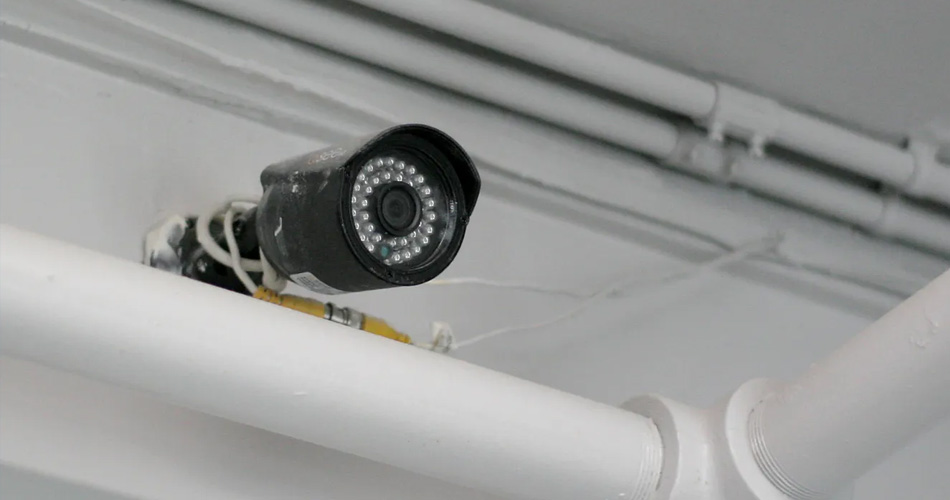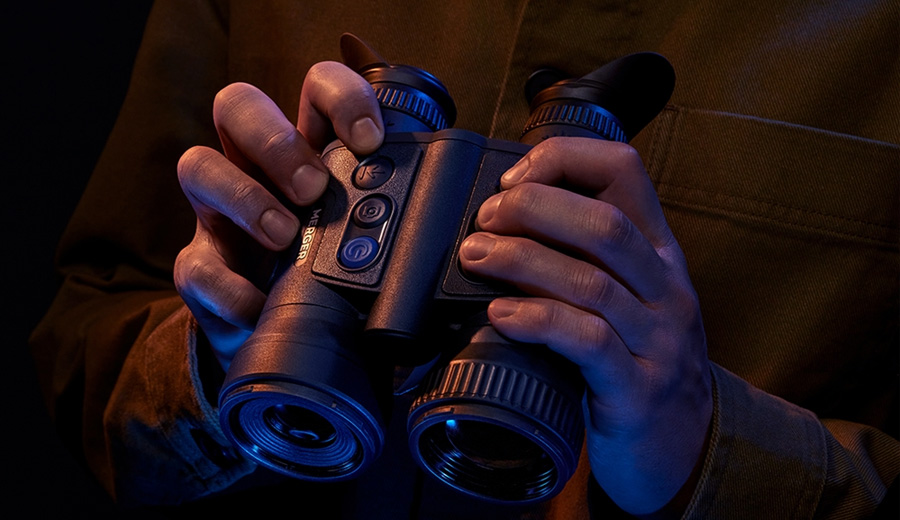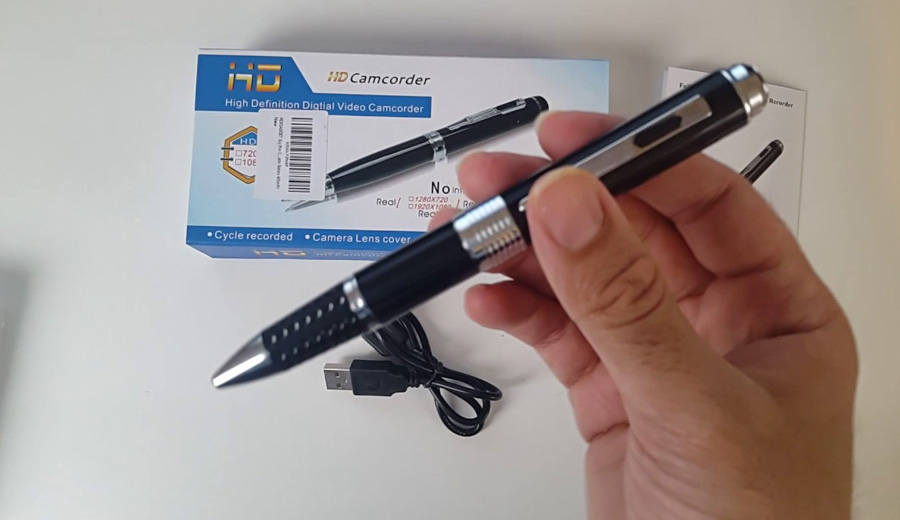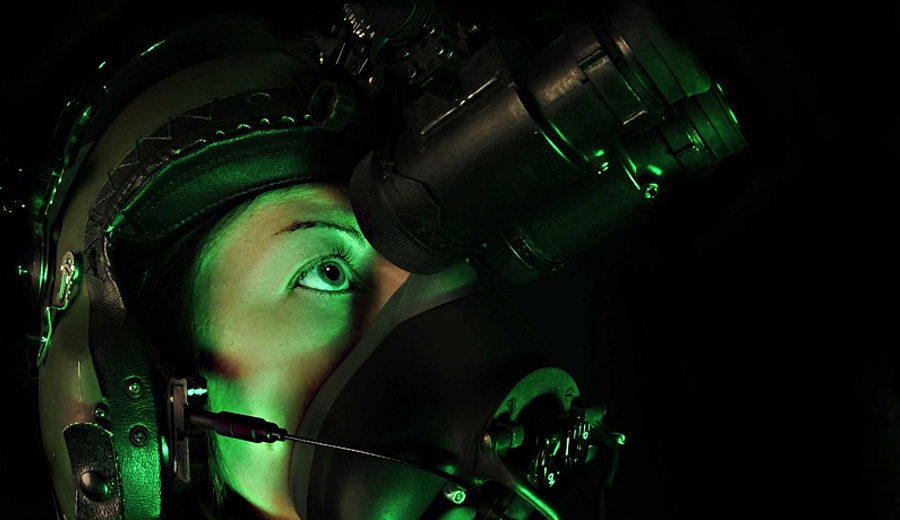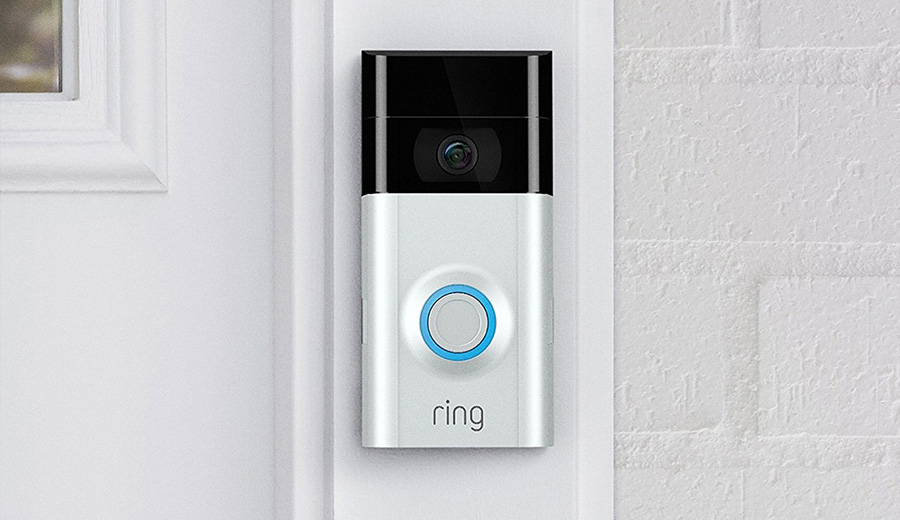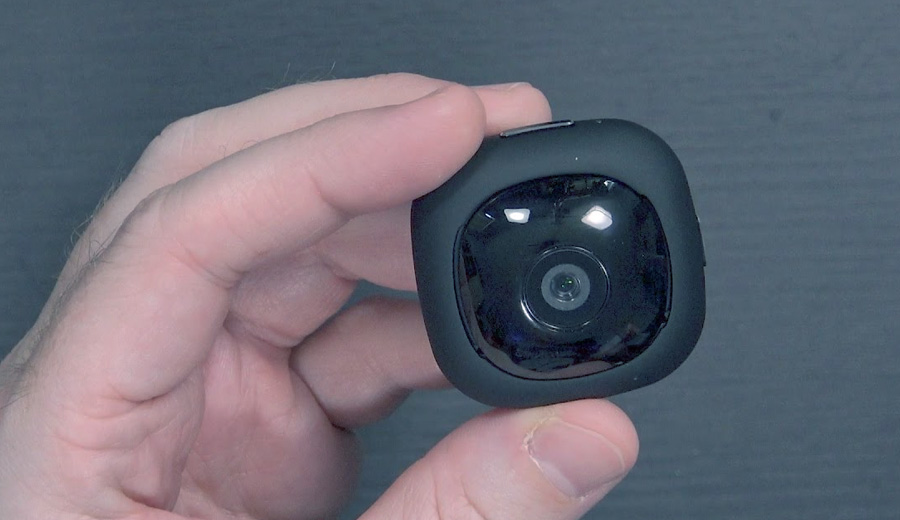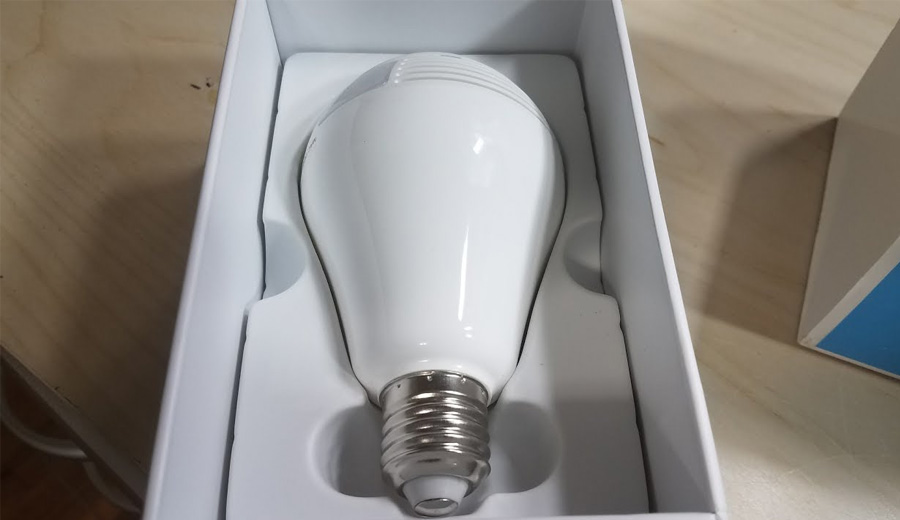Spy cameras as well as other forms of surveillance technology are now widely used in many different industries as a part of security.
These devices can also be used in healthcare to secure patient safety, monitor critical areas, and prevent any occurrences of incidents.
Nonetheless, the concept of introducing spy or security cameras in medical facilities causes many moral and legal dilemmas, taking into account patient confidentiality and the balance between security and the rights of individuals.
Surveillance in Healthcare: Enhancing Security and Oversight
For health care setting, such surveillance devices as secret cameras and closed-circuit TV cameras (security cameras in general) are very helpful.
Such devices are also commonly used in hospitals, clinics, and nursing centers for surveying sensitive places such as the emergency room, operating theater, and psychological centers. They support safer environment, prevent theft, curtail physical violence outbreak, and maintain staff as well as patient safety.
These systems also help secure against malpractice, help in investigations, and offer some shield against liability lawsuits.
For example, they are involved in monitoring if patients are properly taken care of, to ensure the conformity to protocols and maintenance of events records during important medical procedures.
Privacy Concerns: Safeguarding Patient Rights
The use of spy cameras in healthcare comes with serious ethical issues concerning patient’s privacy and autonomy. Surveillance in the treatment settings may capture information, discussions, or private scenes unknowingly, which might expose patients’ confidentiality.
There is an implied reasonable expectation of privacy by patients within health clinic confinements.
The use of spy cameras can infringe on their privacy expectations. This could lead to individuals feeling mistrust and discomfort in the surrounding environment.
Furthermore, such data, if not well handled, is prone to fall into the wrong hands and this may be compromising of personal data or an unauthorized use.
Legal and Ethical Considerations
Spy cameras usage in healthcare is legal in some regions with specific laws guiding it. The surveillance laws, health privacy and concession laws also greatly influence the approval of this technology in hospitals.
Provision of healthcare is morally expected to prioritize on client safety and patients’ rights to privacy. As a consequence, any decision to employ such technology must be supportive of these principles, and it should also show reasons and how it will be employed.
Striking a Balance: Implementing Ethical Surveillance Practices
Balancing patient privacy and security involves a careful, considered approach:
- Clear Policies and Consent: Healthcare providers need to define clear rules concerning the use of spy-cams, explaining where they can be used and why. It is also critical to achieving informed consent among patients and workforce awareness for successful operations.
- Limited Monitoring: Privacy concerns could be alleviated if surveillance was focused on specific regions and used exclusively for intended purposes.
- Data Security Measures: Strong measures like data encryption, access control, recordings storage guidelines can mitigate unauthorized access or usage.
- Regular Reviews and Accountability: Periodic testing of the surveillance system is necessary for assurance that the ethical and legal standards and oversight and accountability are met.
Conclusion
The implementation of spy camera in the health institutions requires great consideration on how best to maintain the security as well as privacy of the patients and staff.
To tackle this challenge, healthcare organizations need to set in place appropriate guidelines like informed consent and well-developed safety measures.
This goes a long way in preserving patients’ confidence, ensuring a patient’s rights are respected, and protecting health care providers and their patients.
We have yet to find the balance in our societies between security and privacy. And these issues are and will prevail in medical and healthcare industries. The goal will always remain to protect patients while still respecting each person’s individual rights.

